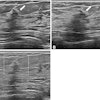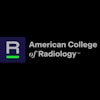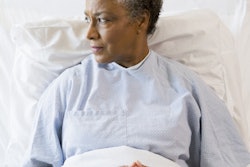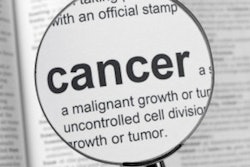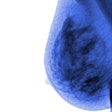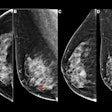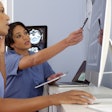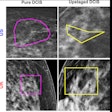
Most medical practitioners overestimate how likely patients are to have disease, which can result in overdiagnosis of conditions such as pneumonia and breast cancer, according to a study published April 5 in JAMA Internal Medicine.
In the study, a research team led by Dr. Daniel J. Morgan from the University of Maryland found that practitioners frequently overestimated the probability that patients were sick based on their test results for several conditions compared with rates of pathology in the published literature.
Medical practitioners are taught to diagnose disease using estimated probabilities based on the patient's history, physical examination findings, and diagnostic test results. But errors in diagnostic reasoning can lead to overdiagnosis and overtreatment, which are believed to be commonplace in U.S. medicine.
To better understand how practitioners interpret the results of diagnostic tests, the researchers performed a survey of practitioners from outpatient clinics in eight U.S. states; 553 respondents answered all of the survey questions, and the study population included physicians, nurses, and physician assistants.
Practitioners were presented with a clinical scenario and asked to estimate in percentage terms how likely they thought it was that a patient had disease, both before and after a diagnostic test was performed. Their responses were measured for both positive and negative tests.
They found that across all scenarios, the practitioners overestimated how likely it was that patients had disease, compared with rates in the scientific literature. While attending physicians were more likely to have estimates that were closer to the scientific evidence than residents or nurse practitioners, they were still likely to overcall disease.
| Attending physician estimates of probability of disease | ||
| Condition/imaging modality | Estimate of disease likelihood | Correct estimate based on scientific evidence |
| Pneumonia after positive x-ray | 95% | 46%-65% |
| Pneumonia after negative x-ray | 50% | 10%-19% |
| Breast cancer after positive mammography | 50% | 3%-9% |
| Breast cancer after negative mammography | 5% | < 0.05% |
| Cardiac ischemia after positive stress test | 70% | 2%-11% |
| Cardiac ischemia after negative stress test | 5% | 0.43%-2.5% |
The research team called for more focus on diagnostic reasoning in medical education.
"Widespread overestimates of the probability of disease likely contribute to overdiagnosis and overuse," the group wrote. "This significant overestimation of disease likely limits the ability of practitioners to engage in precise and evidence-based medical practice or shared decision-making."
However, Dr. David Larson, chair of the American College of Radiology Commission on Quality and Safety, said the study doesn't yield surprising results.
"The article reveals as much about the biases of the authors and readers as it does about the subjects they're testing. The question they're basically asking is, 'Is a database better at information retrieval than a human expert?' " he said. "We may have a natural proclivity to think that experts are as good at these types of activities as a computer, but the answer is, of course, that they are not."
Larson also said the study's conclusions on overuse of testing and overtreatment aren't supported by the data and that a better solution would be to embed more tools into clinical processes to support medical decision-making rather than "trying to make human experts more like computers."
"Even if human experts incorrectly calculate the probability of disease, the real question is its impact on treatment decisions, and the authors didn't ask that," he said. "Clinicians may err on the side of overestimating the probability of disease, but they might recalibrate that when deciding whether to pursue further diagnostic workup or treatment. Either way, they likely can benefit from well-designed decision support tools."
Limitations stated in the study include having participants estimate pretest probability before giving interpretation of positive or negative test results, which "may not reflect their natural practice," as well as not having assessed the reliability of the team's survey.


